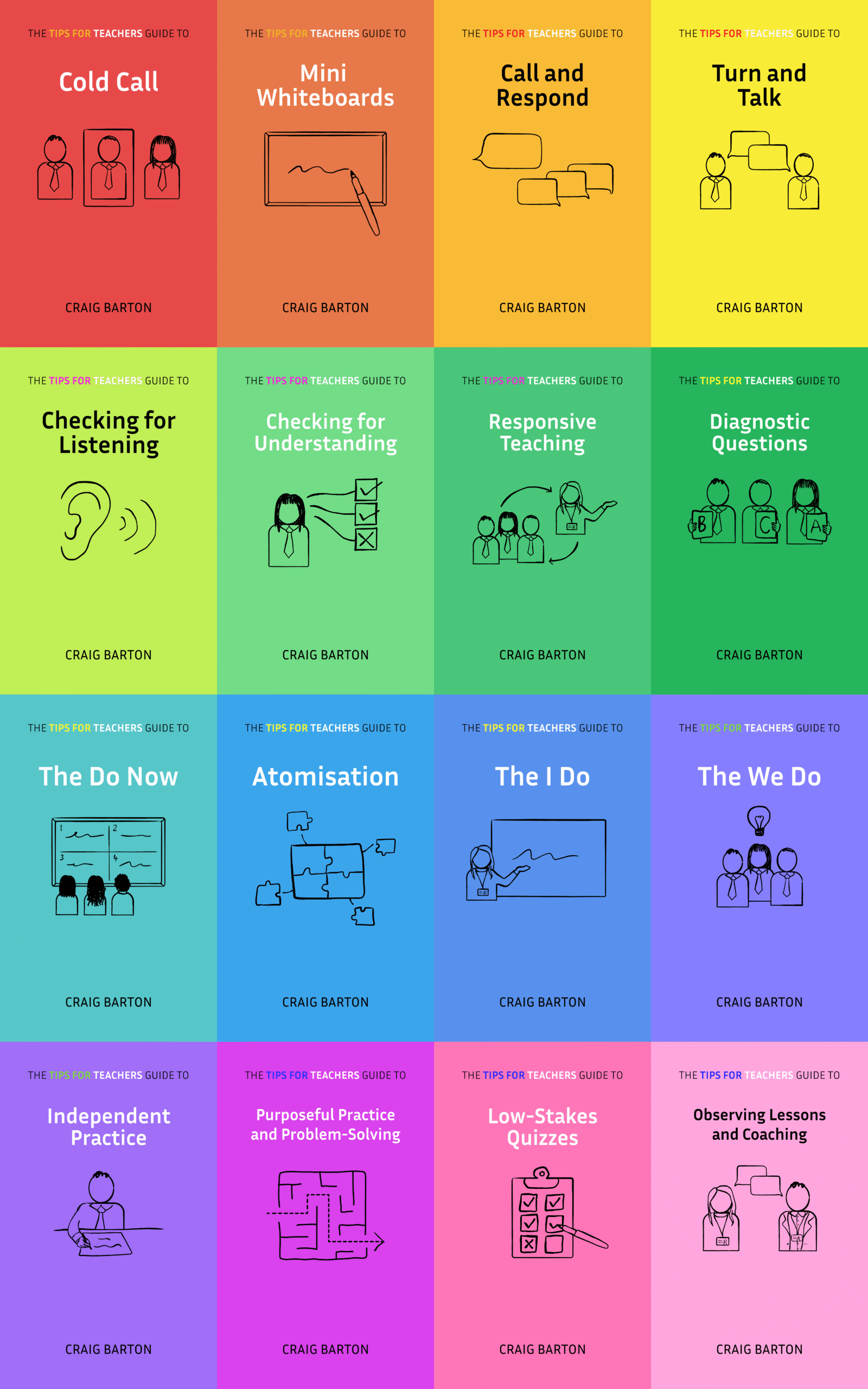
- Title: Unskilled and Unaware of It: How Difficulties in Recognizing One’s Own Incompetence Lead to Inflated Self-Assessments
- Authors: Justin Kruger and David Dunning
- Access the original paper here
- Listen to a deep-dive podcast:
Paper summary
This study, conducted by Justin Kruger and David Dunning at Cornell University, explores the phenomenon of people overestimating their own abilities, particularly in areas where they are actually incompetent. The researchers argue that individuals who lack the skills or knowledge in a particular domain suffer from a dual burden: they not only make poor decisions but also lack the metacognitive abilities necessary to recognize their own incompetence. This leads to inflated self-assessments and a lack of awareness of their limitations. The study utilizes various experiments across different domains like humor, logical reasoning, and grammar to demonstrate this effect, ultimately concluding that incompetent individuals can only gain insight into their shortcomings by becoming more competent and developing the metacognitive skills necessary to evaluate their performance accurately.
What are the key implications for teachers in the classroom?
- Students, and people in general, tend to overestimate their abilities relative to their peers, even when they are performing poorly in a particular area. For example, students who scored in the bottom quartile on tests of humor, grammar, and logic consistently overestimated their performance.
- This overestimation is driven by a lack of metacognitive skills. Metacognitive skills are the abilities to know how well one is performing, when one is likely to be accurate in judgment, and when one is likely to be in error. Incompetent individuals often lack these skills, which prevents them from accurately assessing their own performance and recognizing competence in others.
- Students who are doing poorly may not be able to recognize their own shortcomings, even when they receive negative feedback. People, and particularly young children, are often reluctant to give negative feedback to others. Additionally, students may attribute failure to factors other than their own lack of skill.
- Students who are doing well may underestimate their abilities relative to their peers. This is likely due to the false-consensus effect, which is the tendency to assume that others share our beliefs and behaviors. Top-performing students may assume that their peers are performing at a similar level, leading them to underestimate their own relative abilities.
- One way to help students become more accurate in their self-assessments is to improve their metacognitive skills. This can be done by providing students with opportunities to reflect on their own learning and to compare their work to that of others. Providing students with direct instruction on metacognitive strategies can also be helpful.
- Helping incompetent students become competent can also improve their metacognitive skills and the accuracy of their self-assessments. In one study, researchers found that students who received training in logical reasoning became more accurate in assessing their own performance on a logic test. This finding suggests that by helping students develop their skills in a particular area, teachers can also help them develop the metacognitive skills needed to recognize their own strengths and weaknesses.
The sources also note some limitations:
- People are not always unaware of their incompetence. There are some domains in which people can readily recognize their lack of skill, such as those that require physical skills or highly specialized knowledge.
- There are other factors that can contribute to people’s overestimation of their abilities, such as motivational biases and self-serving trait definitions.
In summary, the sources suggest that teachers should be aware of the tendency for students to overestimate their abilities and should take steps to help students develop their metacognitive skills. This can help students become more accurate in their self-assessments and improve their learning.
Quote
In essence, we argue that the skills that engender competence in a particular domain are often the very same skills necessary to evaluate competence in that domain—one’s own or anyone else’s. Because of this, incompetent individuals lack what cognitive psychologists variously term metacognition








